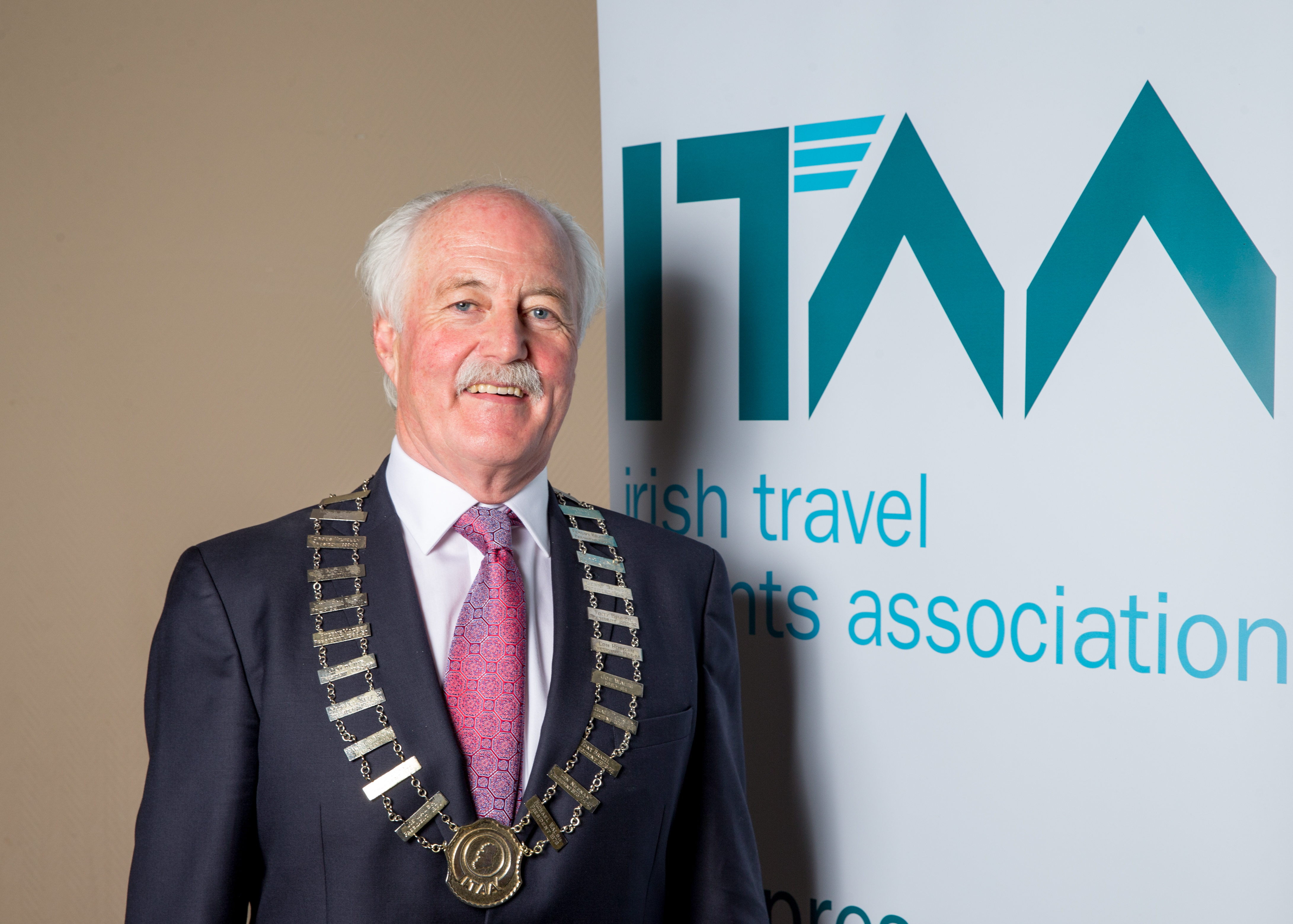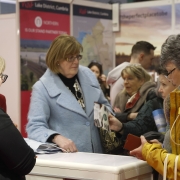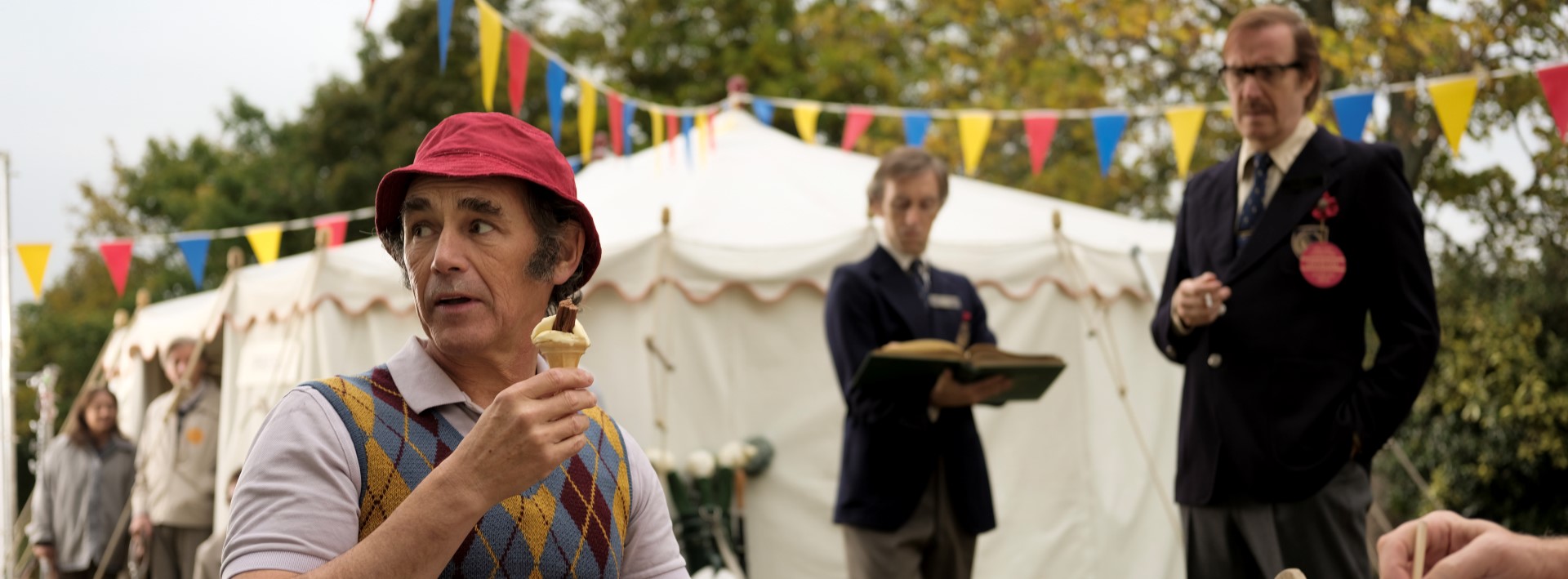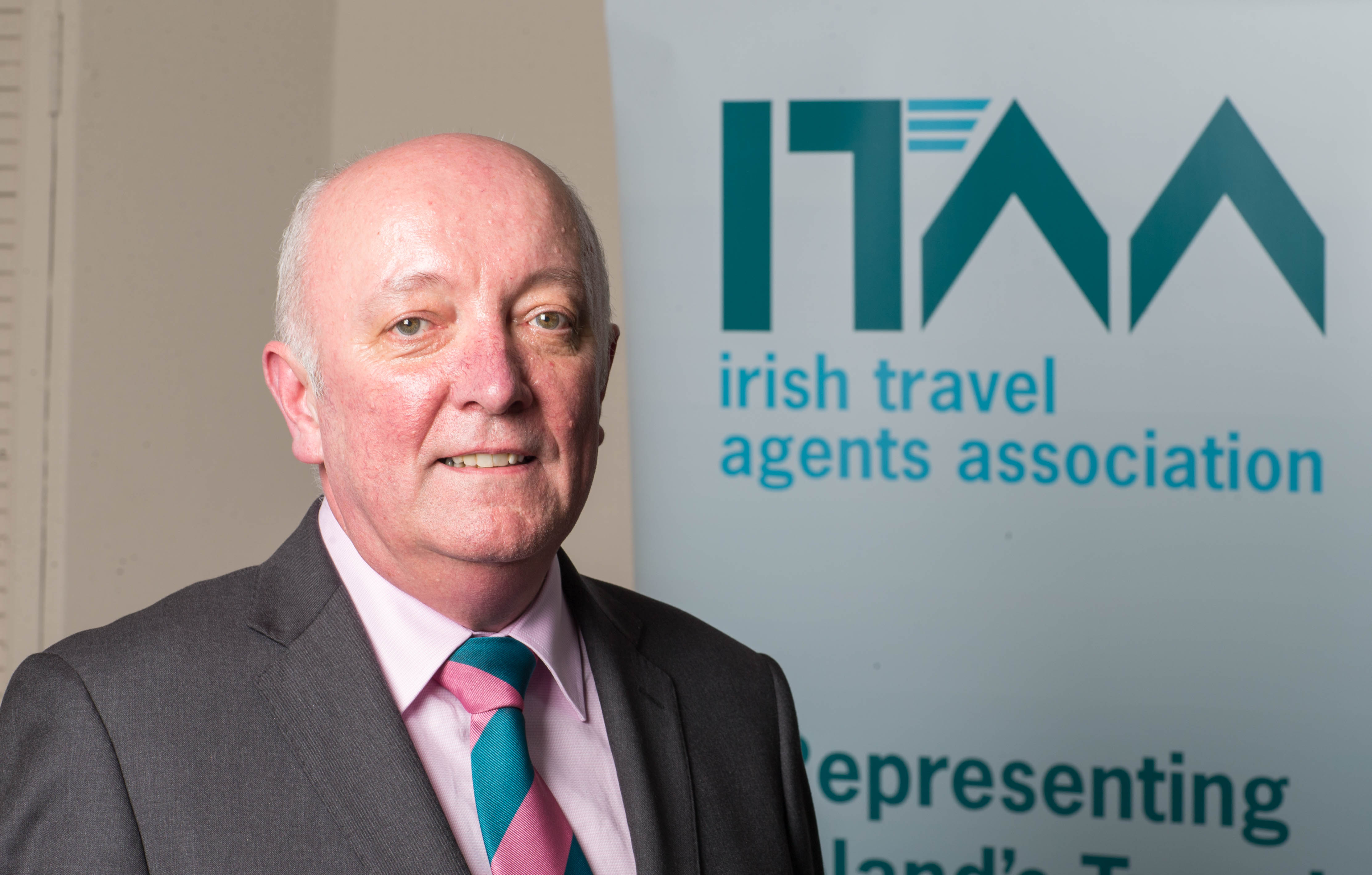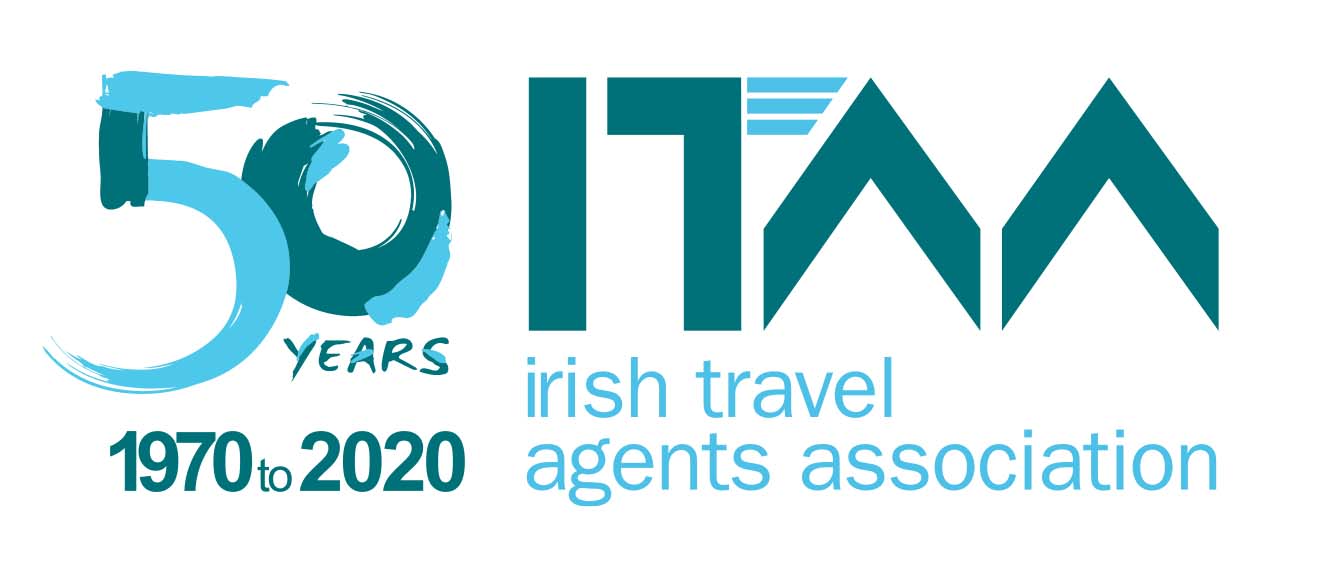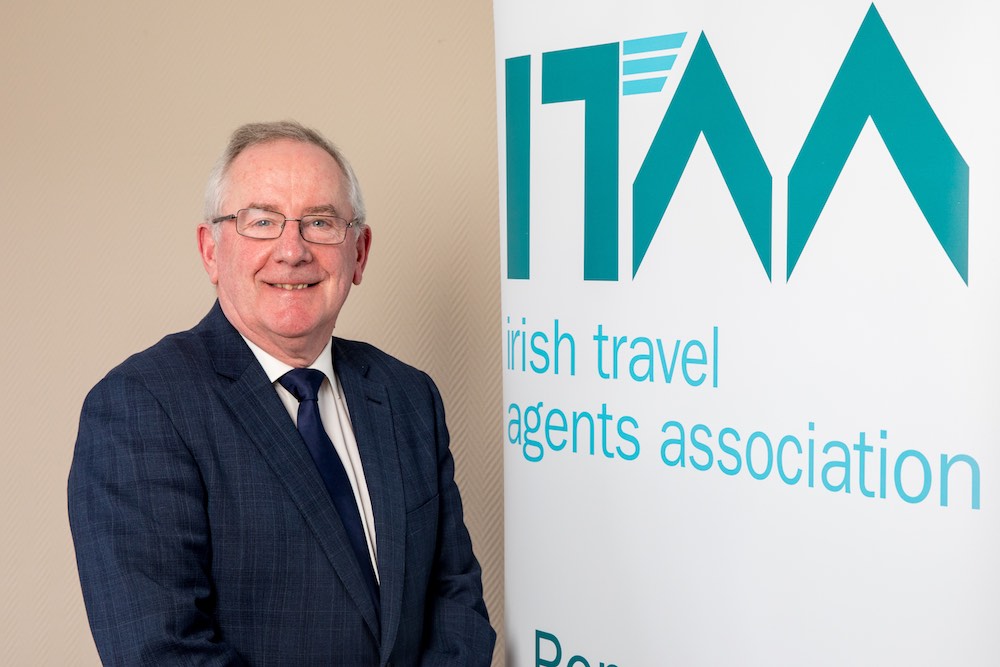ITAA support EU airlines in move to outlaw Air Traffic Control strikes
The Irish Travel Agents Association (ITAA) have announced their support of the Network for the European Private Sector in Tourism (NET) & Airlines for Europe (A4E) as they move to outlaw ATC strikes.
This move comes as millions of EU travellers have been affected by 29 Air Traffic Control strike days in the first six months of this year, with 22 of these strikes taking place in France. The ITAA is supporting the call from NET and A4E to outlaw such strikes which have a costly impact on tourism, European economies and the environment across the EU.
A recent study* conducted on behalf of A4E estimates that air traffic strikes have cost the EU economy €13.4 billion since 2010. When Air Traffic Control strikes occur, customers’ journeys and supply chains are immediately and severely disrupted, impacting booked accommodation and connecting flights, often causing increased costs for the consumer. Airlines are obliged to pay compensation to these passengers and rebook on alternative flights, with significant disruption to travel plans and the airline’s operations. Currently, airlines are not entitled to recover these costs from the air navigation service providers who have caused them.
Tourism to and from Ireland is most affected by cancelled flights, while tour operators must offer alternative travel arrangements and possible refunds for services not performed according to contract. This can be a significant challenge during the peak season. The disruption also has an impact on the environment as flights divert to avoid closed air space, resulting in longer flights burning more fuel and higher CO2 emissions.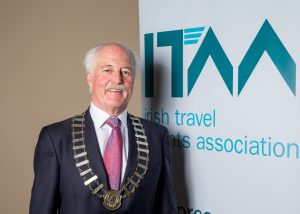
John Spollen, President of the ITAA, said, “We are very concerned with the recurring issue of Air Traffic Control strikes which cause major disruption to Irish travel plans. Arising at the peak of the tourism season, these strikes are inflicting serious delays on holidaymakers across Europe, not only Irish consumers heading abroad but foreign tourists visiting Ireland.”
He continued, “In these instances, holidaymakers face negative effects across their travel plans. From costs of lost or rescheduled accommodation, missed connections and planned itineraries, customers are ultimately paying out of pocket and facing a diminished holiday experience.”

